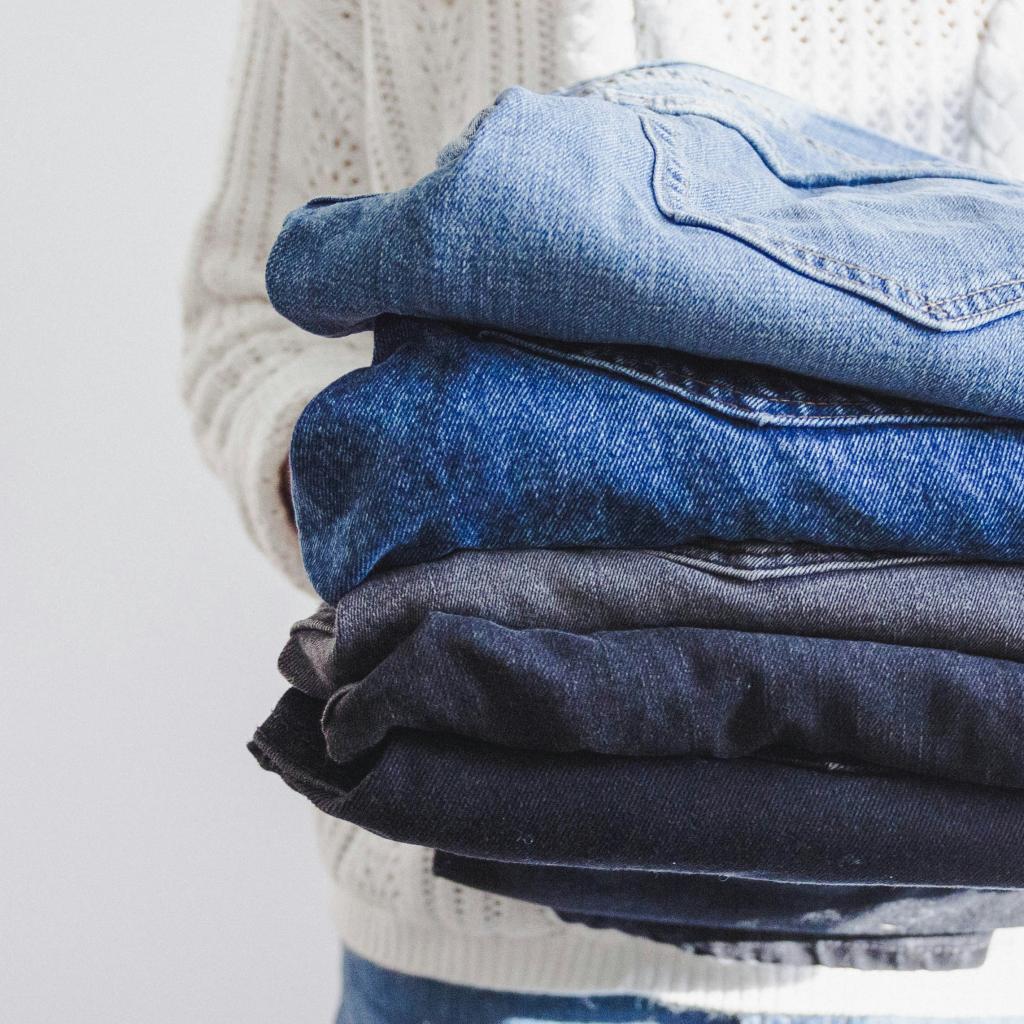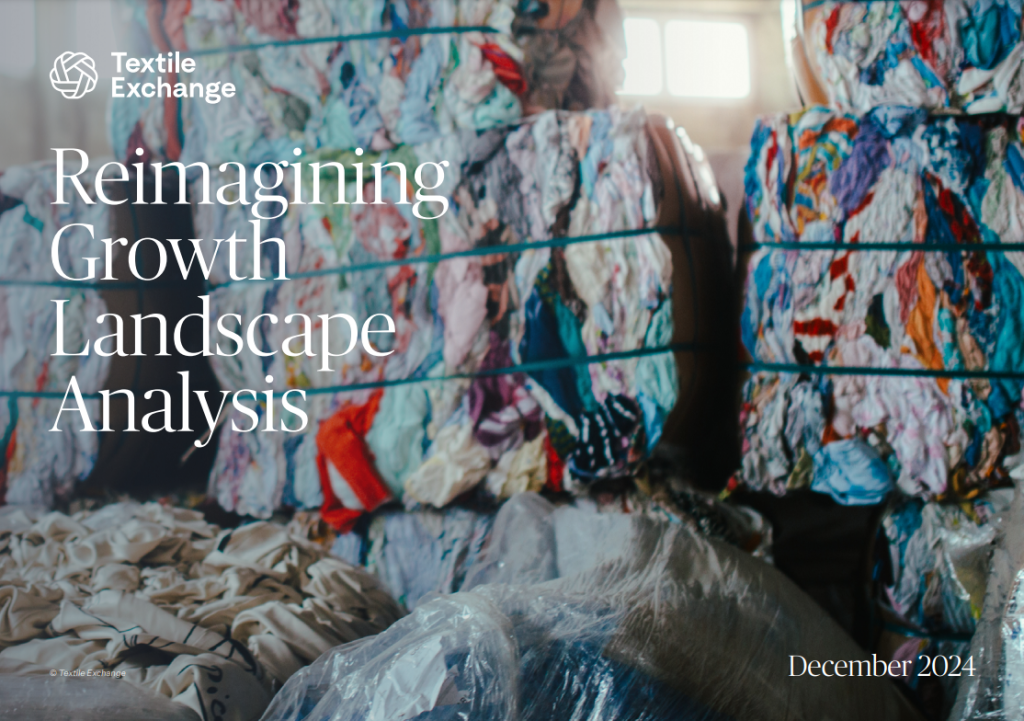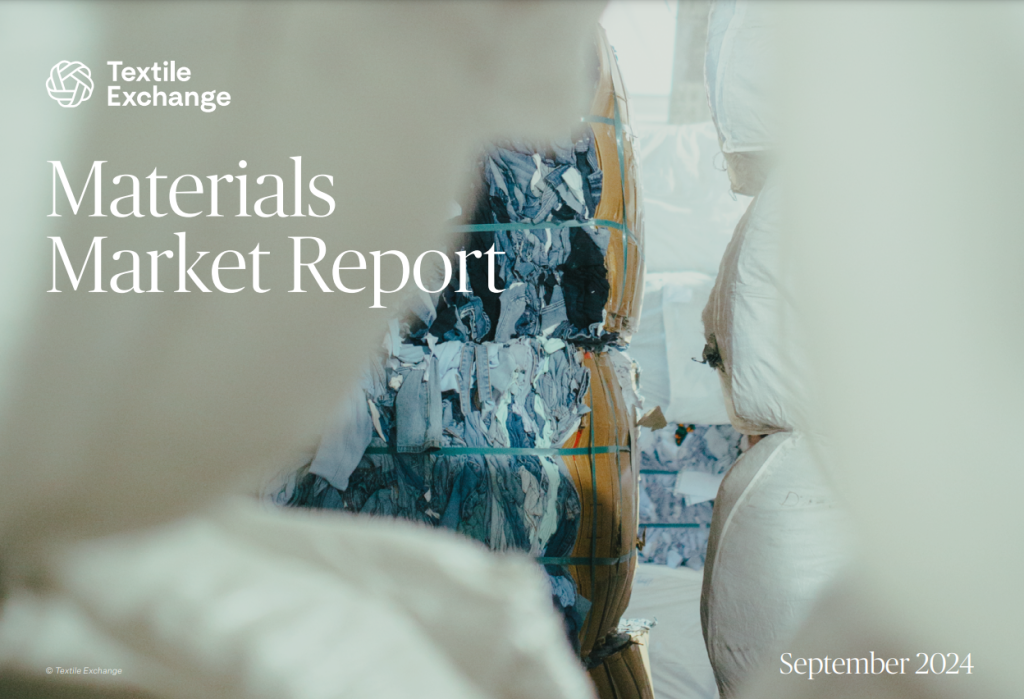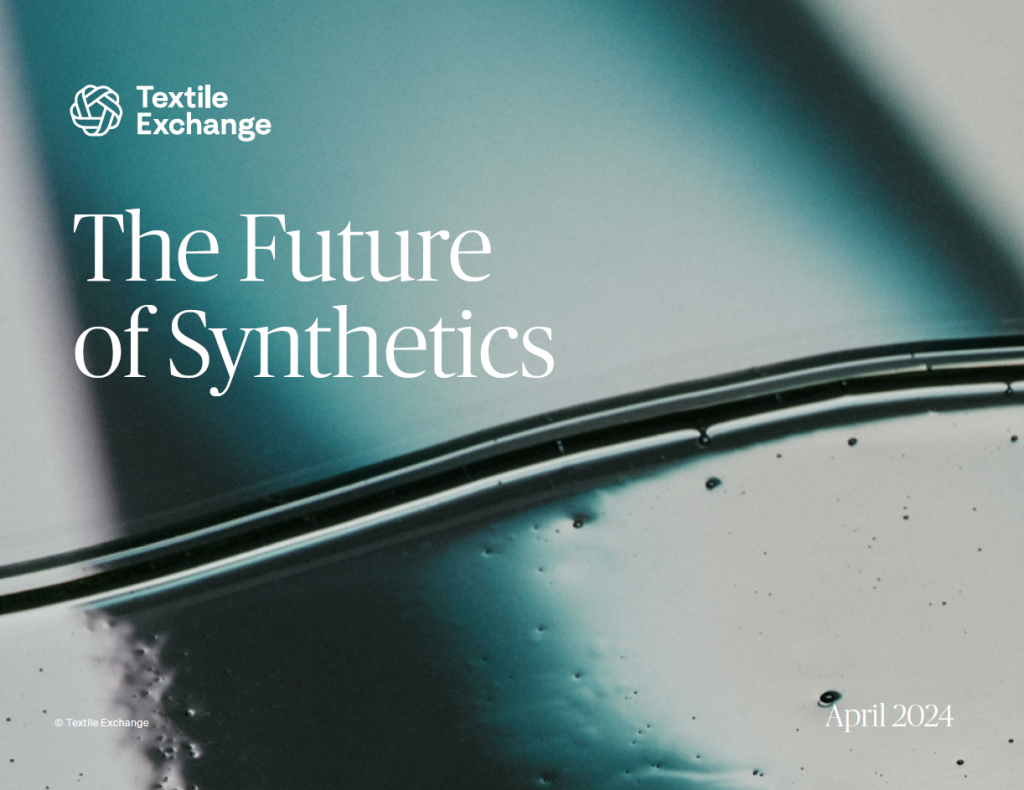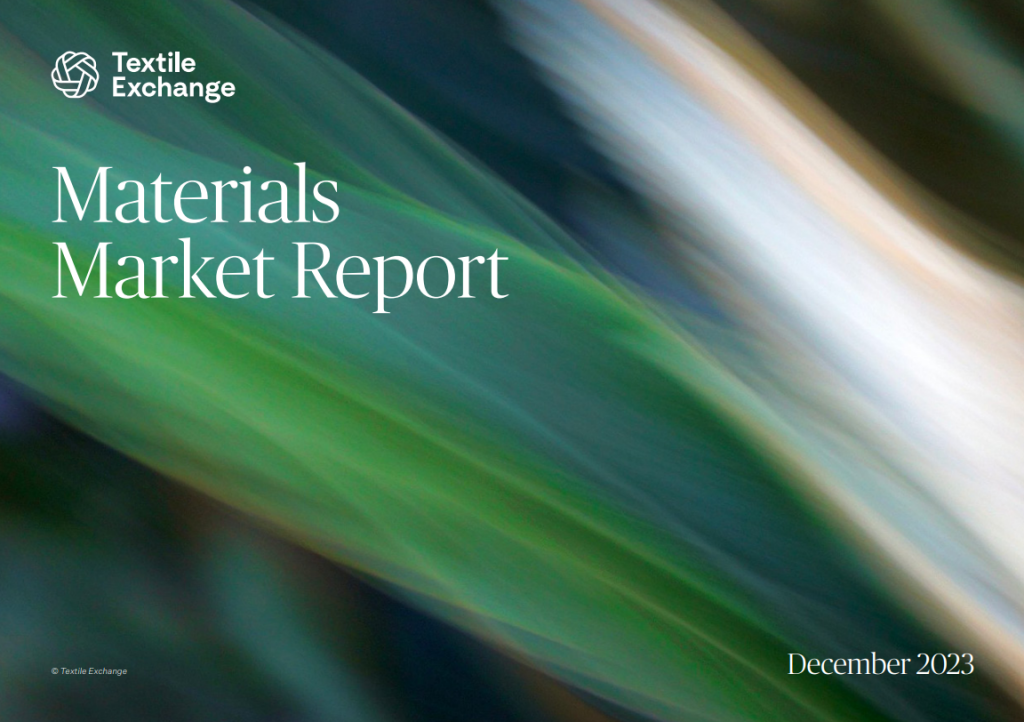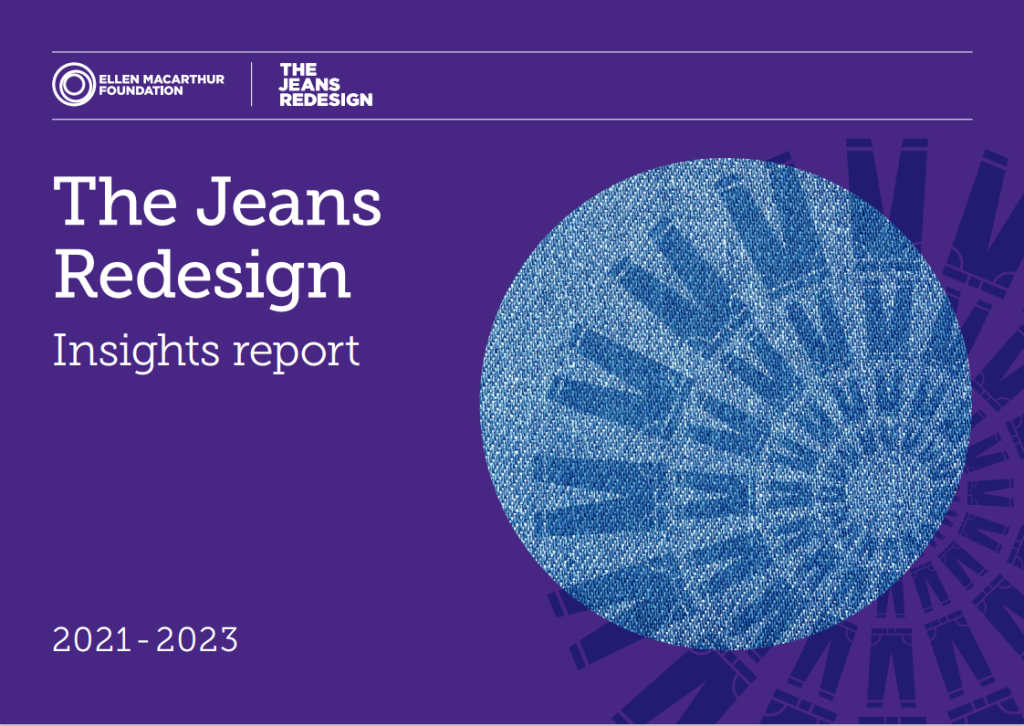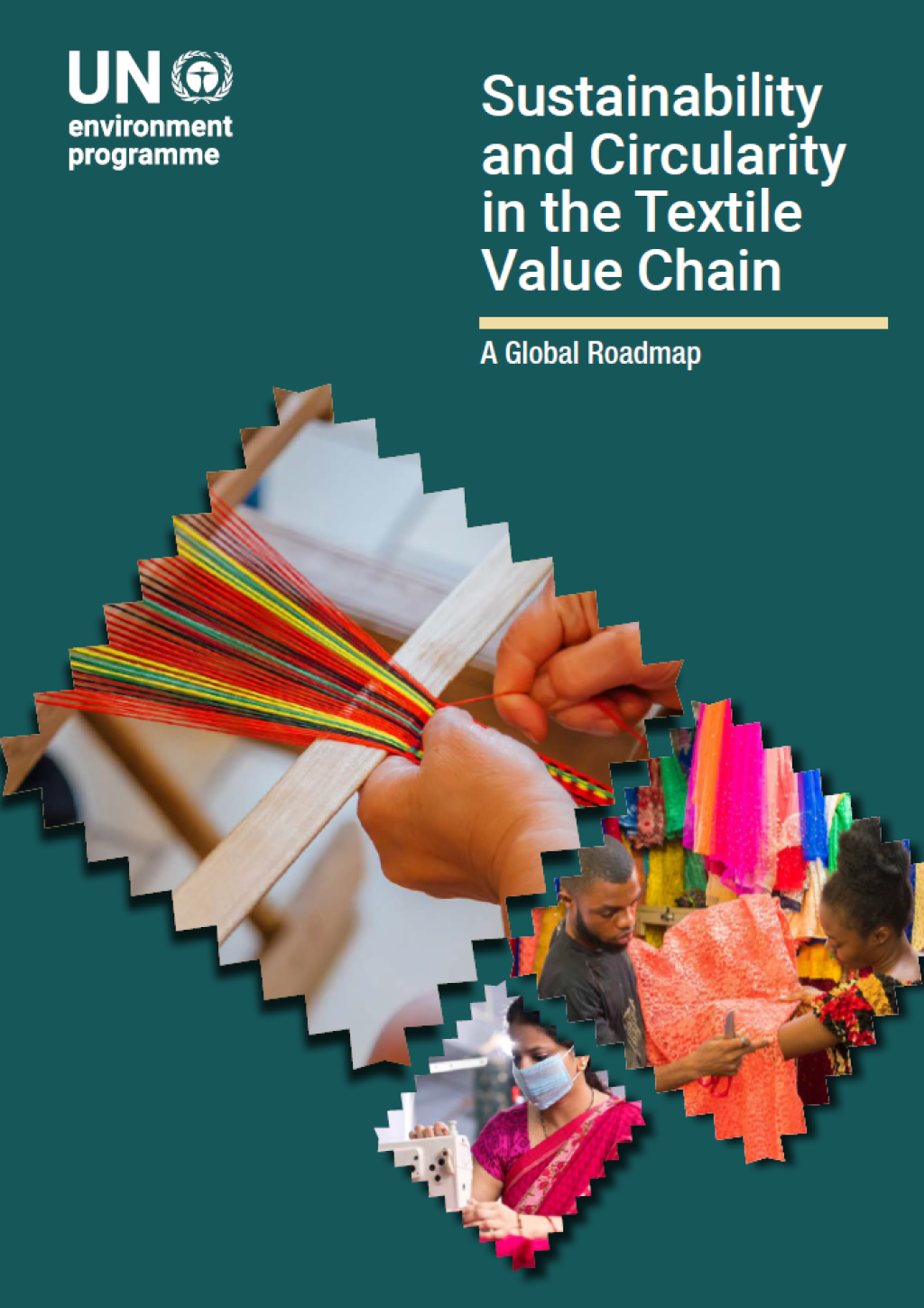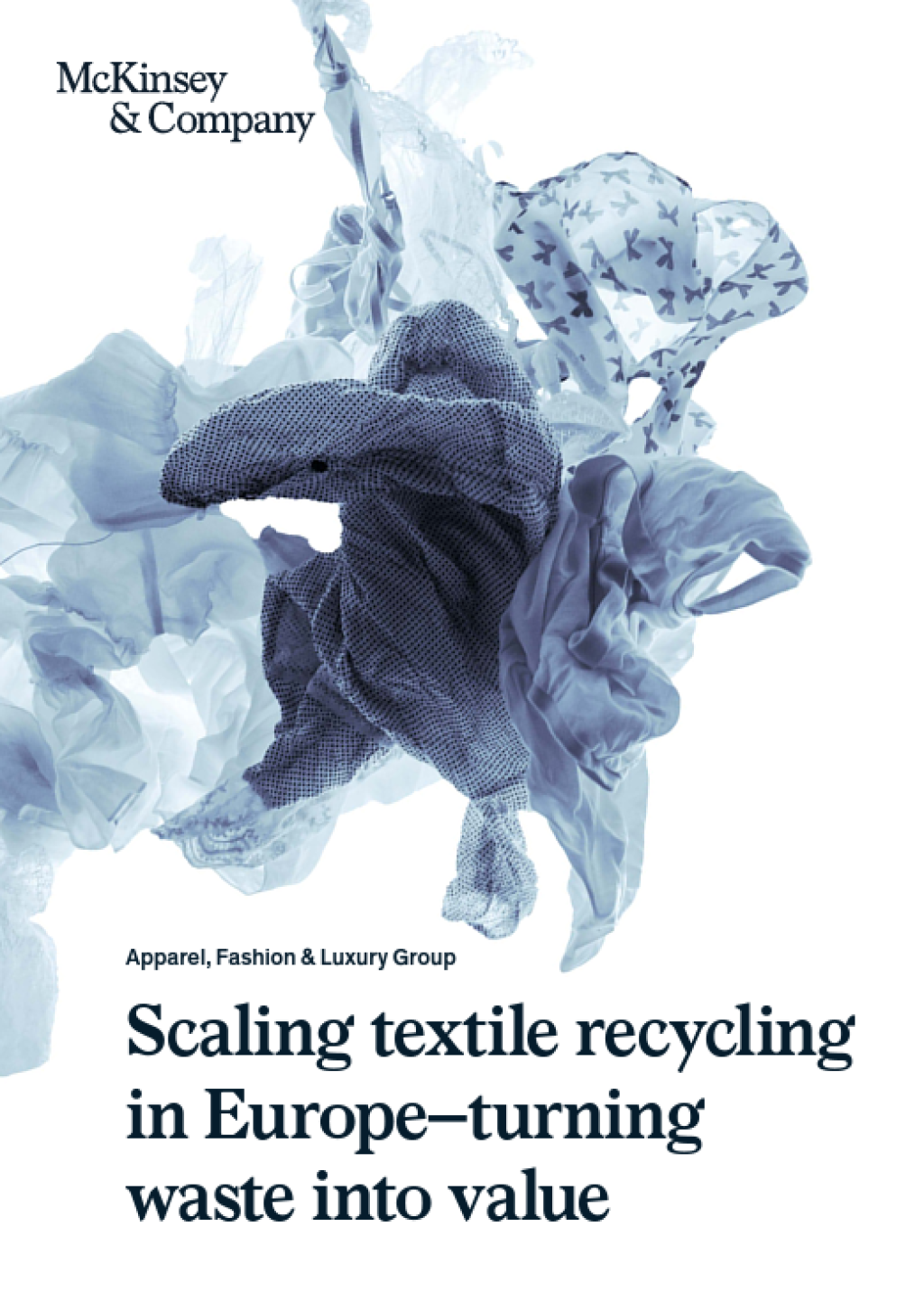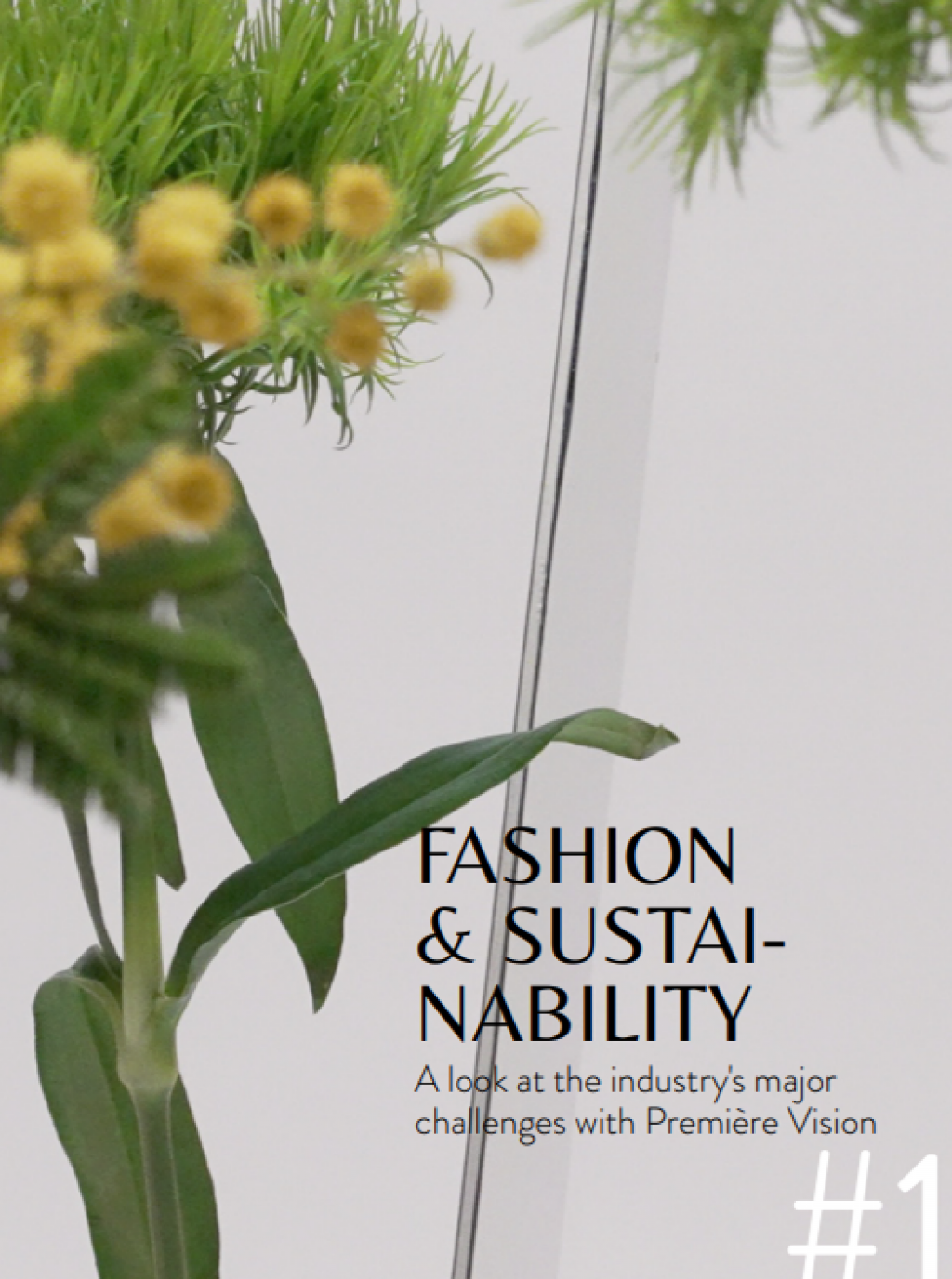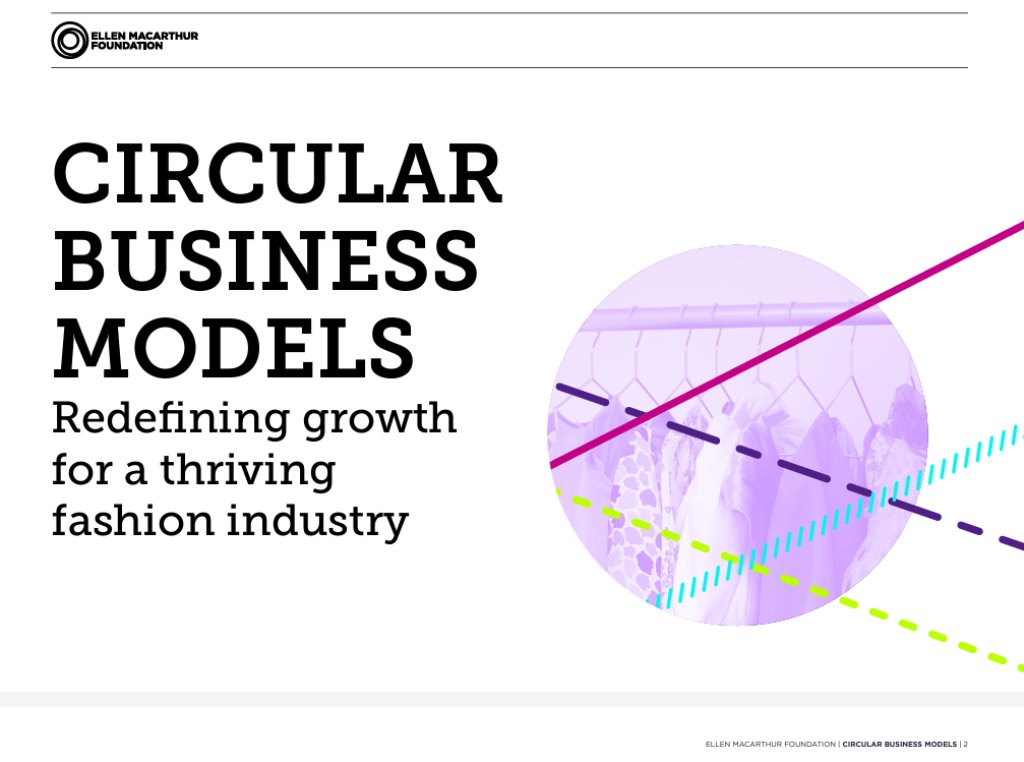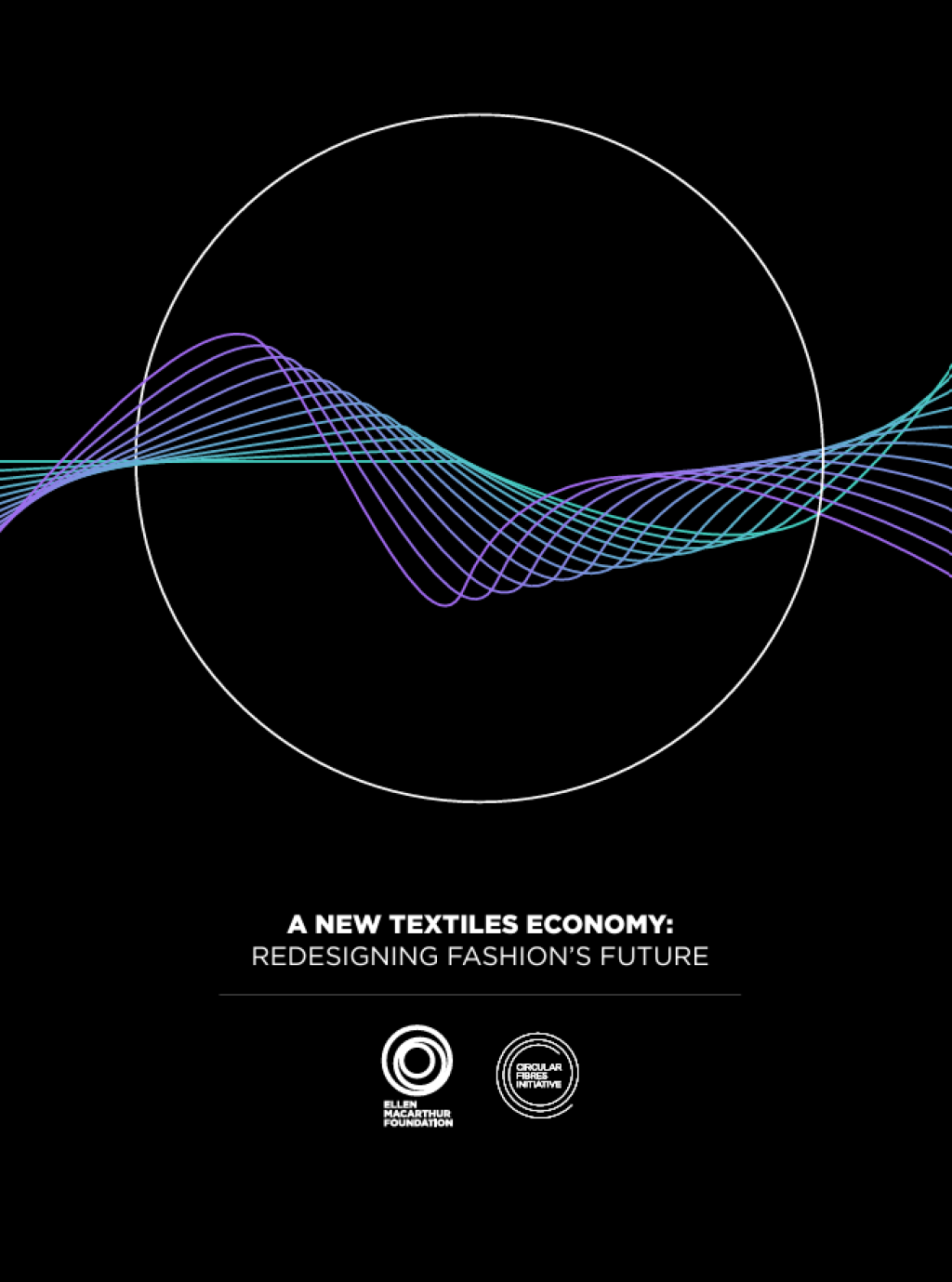
Can you briefly describe your approach?
As early as 1990, Monoprix was the first generalist store to embrace the challenges of sustainable development by offering organic farming food products. As part of our continual improvement process we have since applied the same strategy to textile products.
Today, we’re trying to structure many initiatives that come from our departments in order for our CSR process to be more intelligible and structured. We therefore decided to formalise our commitments and objectives up to 2025 within a global CSR Roadmap, currently being revised.

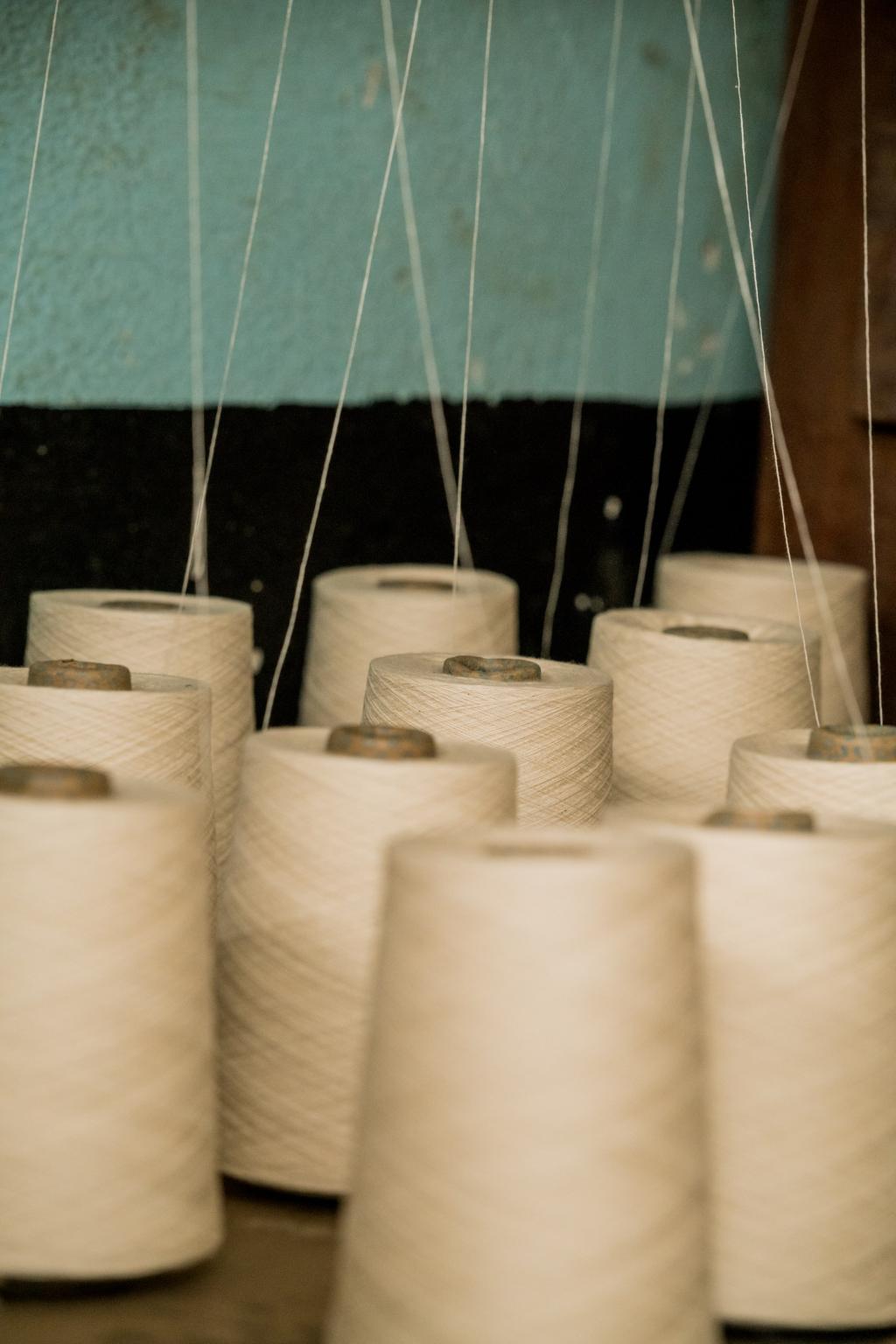
What working method did you use? What were the different stages?
For our textiles we give maximum priority to organic materials, for which we can guarantee traceability.
We’ve also gone further by taking strong measures in line with our values; concerned about animal well-being, we haven’t offered items in angora wool in our collections since 2016 or mohair since 2020. Furthermore, we don’t use feathers coming from the live plucking of geese or ducks in the manufacture of products, and our partners must comply to the Responsible Down Standard.
We are developing OEKO-TEX® certified products in order to guarantee that our collections do not contain chemicals harmful to Man.
Since 2000, Monoprix undertakes social and environmental audits of our long-distance import suppliers (outside of the European Union) in order to assist and empower our manufacturers.
Today, our approach has resulted in high standards. For example, the primary criterion when Monoprix works with suppliers is their capacity to offer sustainable products.
Did you encounter any obstacles? And if so, which ones?
Monoprix is a large group: there’s a real internal communication challenge in order to encourage initiatives.
Nevertheless, an economic restraint exists: the company's environmental objectives need to be in keeping with its financial targets. A move to “all organic” for a given product means additional costs. However, we’re lucky here at Monoprix because, up to certain point, we gives ourselves the necessary resources to meet our goals for better quality products. For example, the teams that create our collections have both economic and environmental objectives, such as the incorporation of raw materials that have a low impact on the climate.
Identifying trustworthy certification labels is also a genuine problem. How can guarantees be obtained? How can anomalies be spotted? An official guide is missing to identify the most trustworthy certification labels.
What were the levers for success?
Monoprix’s CSR Department has a real influence and it can decide to stop working with a supplier who does not meet our requirements. The weight of the CSR Department, whose work is supported by top management, enables initiatives to be quickly set into motion.
Moreover, all of the company’s departments are in line with Monoprix’s values.
We have offices in all our geographical locations. This organisation ensures a constant link with our suppliers, particularly thanks to our local Quality teams.
Are you looking at ways to improve?
The CSR roadmap will provide additional impetus to our approach.
One of our improvement targets is to be able to offer our customers 100% organic cotton textiles by 2025. Today, 70% to 80% our textile products are in organic cotton. It’s complicated to switch the remaining 20% to 30% to organic cotton and therefore constitute a real challenge.
Finally, the last challenge is that of local sourcing. Part of our goods are sourced far away (long distance imports) and generate a substantial carbon balance. By fostering the use of rail and maritime transport the Imports Department already carries out a lot of work on reducing our impact. Therefore, the aim is to manage “post-shipment” operations (from ports to warehouse) by using only environmentally-friendly solutions (train, barges, natural gas trucks) and to limit the use of airfreight.
Ideally we would like our materials and products to be sourced locally. We would like to transfer the largest possible amount of our products to short-distance importation (Europe, North Africa, the Middle East).
Thank you Ludovic MEENS, Sourcing Manager, Monoprix.
Contact : ddurable@monoprix.fr


